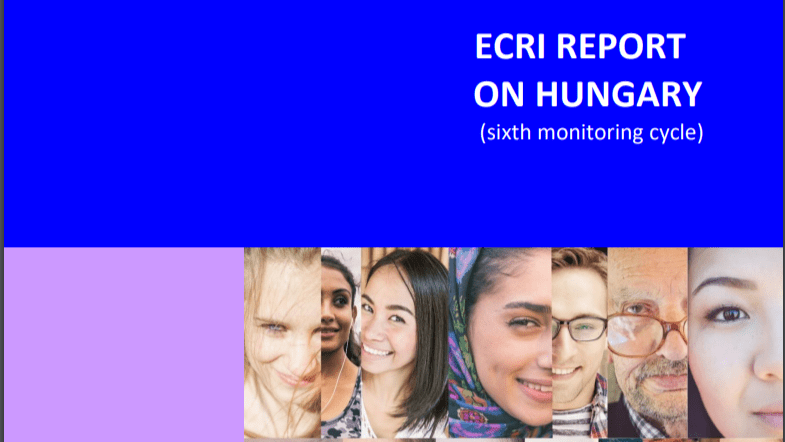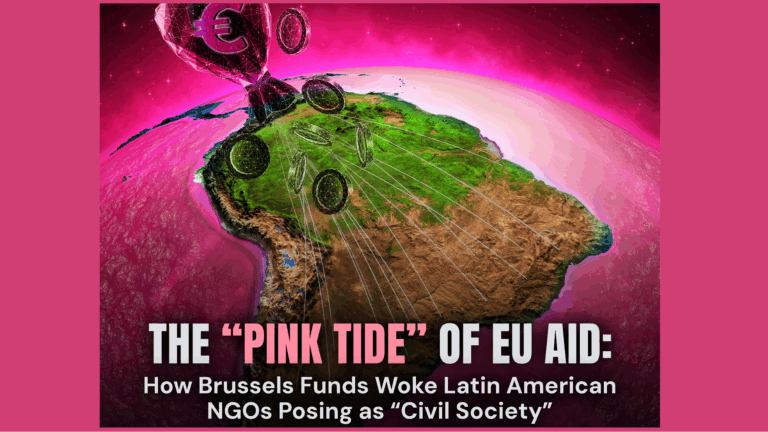The expert committee of the Council of Europe against Racism and Intolerance (ECRI) highlighted in its report, published on Thursday, 9 March that Hungary has increased the effectiveness of investigating hate crimes, the competent authorities have taken steps to improve Roma integration, and that Hungary has made serious efforts to provide protection and support to people fleeing the war in Ukraine.
Criticism Focuses on Treatment of Migrants and LGBTI People
The Strasbourg-based Council of Europe welcomed the positive changes in Hungary since ECRI’s latest report adopted in 2015. However, ECRI also expressed concern about legislative changes that in their view ‘seriously undermine the human rights of LGBTI communities’ and measures taken during the emergency period declared during the coronavirus pandemic.
According to the report, the political and public discourse in Hungary has become ‘increasingly xenophobic’, negatively affecting refugees, asylum seekers, migrants and Muslims. The report urges public figures, including political leaders, to address racist and LGBTI-phobic hate speech ‘immediately, decisively and publicly’.
ECRI also expressed worries about the fact that the school dropout rate among Roma remains high, segregation is still widespread in education, and that Roma are in the most disadvantaged position in the labour market, also continuing to face forced evictions without adequate housing solutions.
The report also questions the merger of the Equal Treatment Authority, which functioned as an independent equal opportunities body until 2020, with the Office of the Commissioner for Fundamental Rights. The report notes that no prior consultation was held, and no information campaign was organised for the wider public on the new institutional framework and available remedies.
In its report. ECRI requests the ‘priority implementation’ of two recommendations addressed to the Hungarian authorities: the commissioning of independent reviews of legislative measures adopted during the state of emergency, with particular attention to their impact on the LGBTI community and compliance with human rights norms in the areas of equality and non-discrimination. The Hungarian authorities are also expected to increase the capacity of law enforcement agencies to identify and address racist and LGBTI-phobic hate speech and hate crimes.
Recommendations Call for Government-Run Awareness Campaigns and New Legislation
The reporting parties have also formulated further recommendations for Hungary, including the organisation of a nationwide awareness-raising campaign on complaint procedures available to victims of discrimination. The recommendations call for legislative measures to be taken to ensure legal recognition of a person’s gender through quick, transparent, and accessible procedures, the elimination of all forms of school segregation affecting Roma children, and the adoption of a comprehensive integration strategy for migrants.








